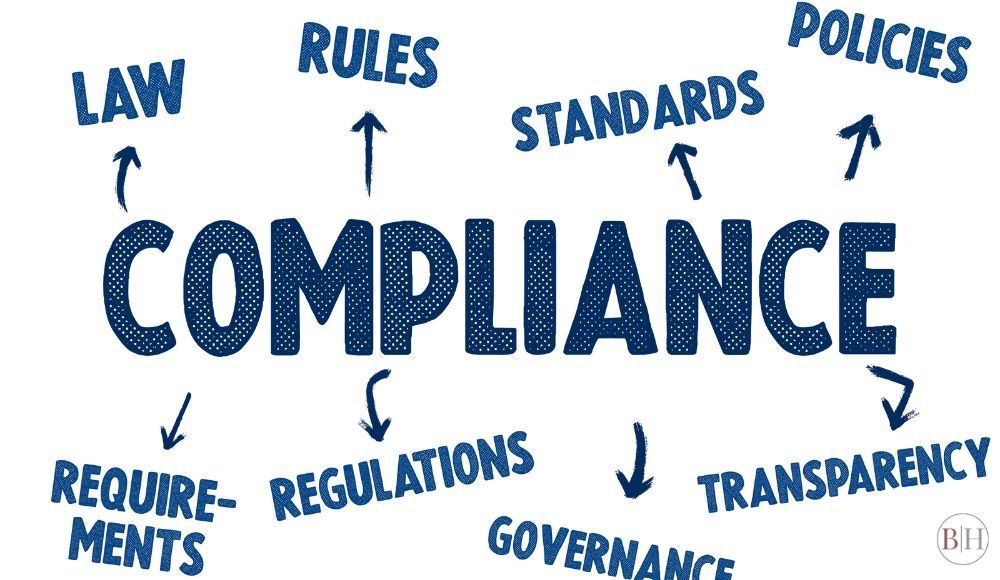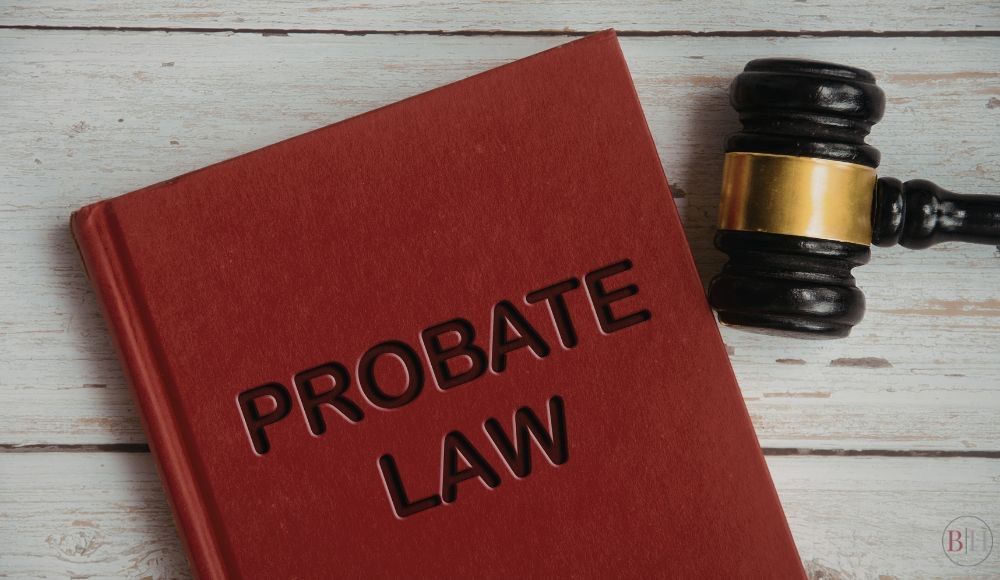Resolving Real Estate Litigation

Real estate transactions are among the most significant financial commitments individuals and businesses make. With high stakes involved, disputes sometimes arise—whether from misunderstandings, contract breaches, or disagreements over property rights. When these conflicts escalate, litigation may be necessary to protect interests and achieve a resolution. Understanding the common causes, litigation process, and alternatives available can help parties navigate disputes more effectively.
Common Causes of Disputes
Although there are many reasons why real estate disputes arise, the most common ones are deception during a sale, boundary disputes, contract violations, and landlord-tenant disputes.
For example, a buyer may claim that a seller concealed structural defects, or neighbors may dispute property lines. Commercial real estate can also give rise to complicated disputes involving zoning restrictions, lease obligations, or development delays. Since these issues usually involve a significant emotional or financial investment, parties often seek legal resolutions if informal negotiations fail.
Litigation Process and Strategies
When litigation is necessary, the process typically begins with the filing of a complaint in court, which is followed by information sharing, or discovery. Each side gathers evidence to support their position, including expert testimony, property records, and contracts. Motions and pre-trial hearings often impact the scope of the dispute before a trial.
Successful litigation strategies include meticulous documentation, a careful evaluation of settlement possibilities, and reliance on knowledgeable specialists such as surveyors or appraisers.
Legal counsel frequently advises clients on whether to pursue a case or consider reaching a compromise by weighing the costs of ongoing litigation against possible outcomes. To advance claims or defend against them, it is essential to have knowledgeable legal representation because real estate law can be very complex.
Alternate Dispute Resolution
Although litigation offers a structured process, many parties use alternative dispute resolution (ADR) techniques to cut expenses and save time. Through mediation, an impartial third party can help parties in conflict communicate and work toward a compromise. In contrast, arbitration entails bringing the matter before an unbiased arbiter who renders a decision that may or may not be legally binding.
Compared to court proceedings, these techniques are frequently faster, more private, and less combative. ADR can maintain commercial ties and enable more adaptable, innovative solutions than a court ruling might offer. Because of this, mandatory mediation or arbitration clauses are frequently included in real estate contracts as a prelude to litigation.
Conclusion
Although they can be expensive and disruptive, real estate disputes are not intractable. Parties can make well-informed decisions that protect their investments by being aware of the common causes, litigation tactics, and available alternatives. Clarity, justice, and closure are the ultimate goals, whether they are attained in court or through collaborative resolution techniques.
Contact the Real Estate Lawyers at Bingaman Hess Today
Do you want to experience the benefits of working with a real estate lawyer? Contact Bingaman Hess to schedule a consultation with one of our experienced real estate law attorneys. Our seasoned legal professionals bring a wealth of skill and experience to every case, ensuring you receive the highest level of representation and personalized attention.
This article is for informational purposes only and does not constitute legal advice. No one may rely on this information without consulting an attorney. Anyone who attempts to use this information without attorney consultation does so at their own risk. Bingaman Hess is not and shall never be responsible for anyone who uses this information. It is not legal advice.









